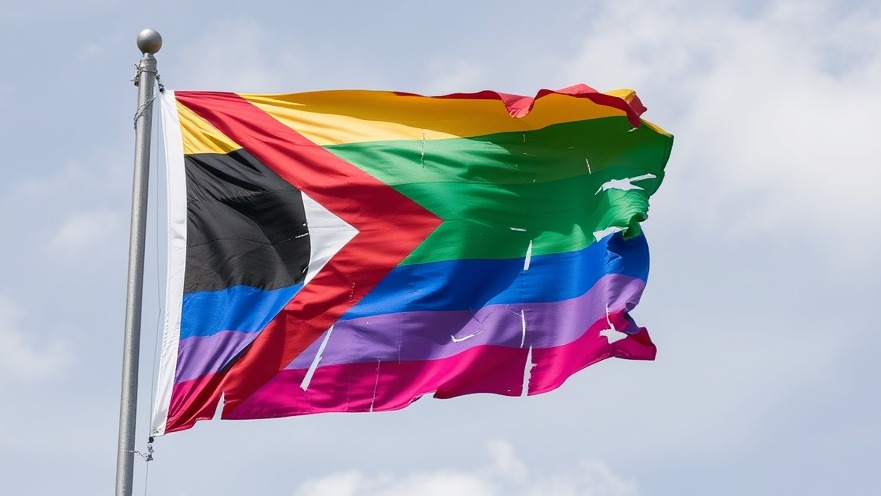
Canceled Baylor LGBTQ+ Study Sparks Controversy and Reflection
In July 2023, the Baylor University community faced an emotional and divisive incident when a significant research grant aimed at helping churches minister to LGBTQ+ individuals was abruptly returned by the university. Initially welcomed as a hopeful initiative, the $643,401 grant was intended to pave the way for understanding and supporting LGBTQ+ needs within congregations. This moment of promise soon turned into a flashpoint, eliciting fierce reactions from various stakeholders.
The Impact of Institutional Reversal
The grant was awarded to the Diana R. Garland School of Social Work at Baylor, with the intent to explore how religious institutions could better connect with and support LGBTQ+ members. AB Waters, a Baylor graduate and an advocate for LGBTQ+ rights, revealed that such research could have profoundly altered their own experiences growing up in a conservative religious environment. "Having resources and recommendations for my church would likely have made my coming out journey much less painful," Waters said.
However, the decision announced by Baylor President Linda Livingstone on July 9 to return the grant left many feeling betrayed. Livingstone cited a conflict with the university's Statement on Human Sexuality, which prohibits advocacy that contradicts traditional Christian teachings. This quick retraction sparked outcry from LGBTQ+ advocates and allies, who viewed it as a missed opportunity for healing and understanding.
A Divided Faith Community
Responses from the community have highlighted a divide among the church leaders in Waco. While some echoed Livingstone’s sentiments by applauding the decision as reflective of Biblical values, others critically condemned it as a failure to engage with pressing social issues that affect LGBTQ+ individuals within religious contexts. Over 60 Texas Baptist pastors openly supported Livingstone, affirming that returning the grant aligned with their doctrinal beliefs.
Conversely, progressive religious leaders lamented this step backward and expressed sadness over Baylor’s apparent retreat from meaningful discourse on LGBTQ+ inclusivity.
Understanding Baylor’s Institutional Policies
Baylor's actions bring to light a larger conversation about institutional policies and their implications for academic freedom and social progress. The university’s 2009 Statement on Human Sexuality not only defines acceptable behaviors for its students but also impacts its research directions. Critics argue that such restrictions inhibit necessary dialogue and research on sexual orientation within faith communities.
This ongoing tension between maintaining traditional beliefs and responding to contemporary issues is not unique to Baylor but reflects broader cultural tensions present in many religious institutions across the United States.
Next Steps for LGBTQ+ Advocacy in Texas
As the debate surrounding the LGBTQ+ grant continues, advocates call for action—emphasizing the importance of creating safe spaces within religious institutions that affirm all identities. Future initiatives may involve collaboration among different community members, including those who are both conservative and affirming of LGBTQ+ rights, to seek common ground.
Waters expressed their disappointment yet recognized an opportunity for change if religious bodies re-evaluate their policies regarding inclusivity. "We need to learn how to hold space for differing beliefs while advocating for marginalized communities," they stated, urging for a more extensive dialogue that incorporates diverse perspectives.
Conclusion: Building Bridges, Not Walls
The cancellation of the Baylor LGBTQ+ study has highlighted critical conversations about faith, acceptance, and institutional values in Waco and beyond. As society wrestles with complex issues of sexuality and spirituality, promoting understanding, dialogue, and collaboration will be vital.
For those looking to understand more about the experiences of LGBTQ+ individuals within religious contexts, there are plenty of resources and groups advocating for change. Engaging with communities, listening to personal stories, and supporting organizations that foster inclusivity can help mend the rifts that divide.
 Add Element
Add Element  Add Row
Add Row 



Write A Comment